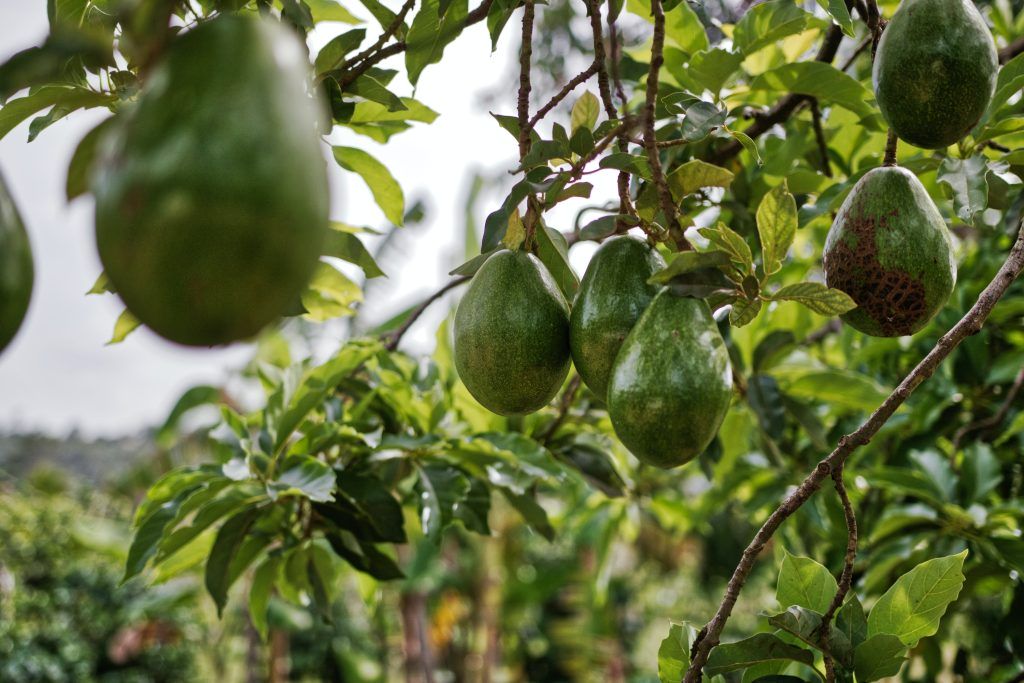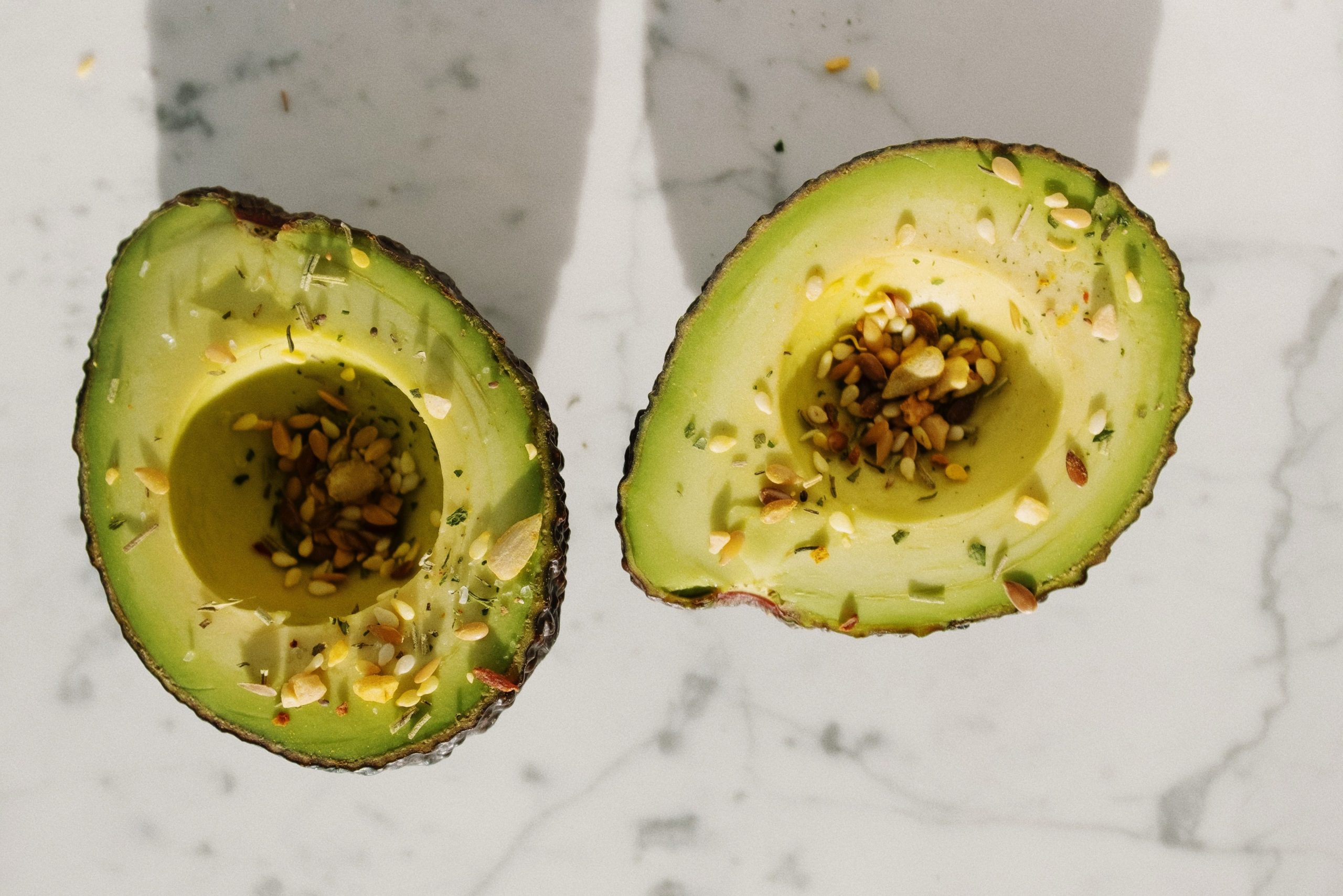The avocado trend in Western culture has been going on for years. Every self-respecting modern hipster cafe has avocado toast on the menu. Food influences praise their health and beauty properties. But how does the avocado craze affect our planet?

Not-so-green traveler
Until recently, the avocado was a regional fruit of South and Central America, grown to meet the needs of its inhabitants. They highly valued the fruit due to the content of vitamins from groups B, C, E and potassium. According to Medical News Today, avocados improve digestion and lower bad cholesterol.
Today, however, the global industry is worth $5.6 billion annually. The fruit is transported en masse to Europe and North America. The world’s avocado expropriator is Mexico, where a part of the forest is cut down every year to enlarge the plantation. Consequences? Soil degradation, reduction of animal species. What’s more, often only one species of these plants is cultivated in huge areas, which has a particularly negative impact on the environment. Let’s not forget about the carbon footprint connected to the transport – avocados travel 8950 kilometers (5555 miles) from Mexico to England.

The water use of avocado
Avocado needs twice much water as a natural forest. Each fruit requires 320 liters. According to The World Economic Forum, around 9.5 billion liters of water are used daily in order to grow avocados. That’s 3,800 Olympic pools. The larger the crop, the more water is needed. In many places, this led to the drying up of rivers and problems with access to drinking water for the inhabitants. Because of the high profit of avocados, their growth is often prioritized above other crops.
What is more, ripe fruits have a fairly short shelf life. Those picked just before maturity may have a bitter taste. This makes it difficult to transport the fruit and can waste a lot of product, therefore, contributing to food waste.

The mob problem
In addition, the production of avocados became an interest of drug cartels, which sensed that it could be an idea for a profitable business. Not only do they use the avocado trade as a cover for criminal activities, but further contribute to cutting down forests. People working at harvesting fruit are often underpaid and have poor working conditions.
Avocados are not only delicious ingredients but a lifestyle that needs to be reevaluated. However, it is good to know that despite all this avocados still are more sustainable than some meat. They also supplement missing fats from a vegan’s diet. But nutritionally speaking, there is nothing in avocado that we can’t get somewhere else. If you want to be a conscious consumer, it’s always better to choose the products that grow in your country.
https://wikifarmer.com/avocado-harvest-yield-per-hectare-and-storage/
https://sustainablefoodtrust.org/news-views/avocados-sustainability/
https://www.greenmatters.com/p/avocado-environmental-impact
https://greenly.earth/en-us/blog/ecology-news/what-is-the-avocados-environmental-impact








